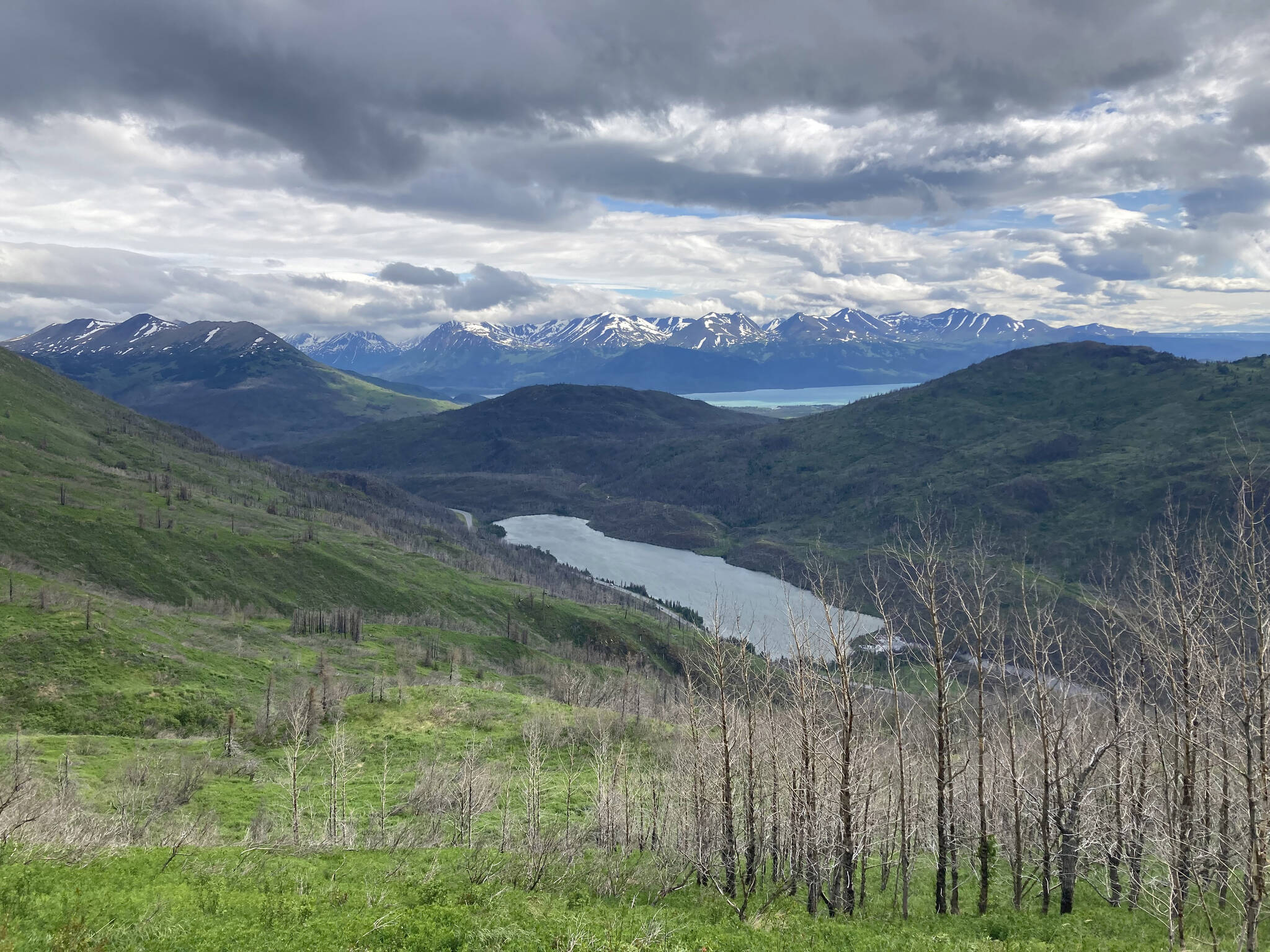Sunday at the Skyline Trail, a lost jacket gave me a chance for an endurance experiment.
At about 6 p.m., I finished a three-mile climb and drop of about 1,800 feet to the saddle between two peaks in the Mystery Hills.
I felt fresh. Even better, I was done in plenty of time to return to town and get some work done at the office.
As I took off my hip back and prepared to sling it into my car, I noticed something wasn’t right. My jacket. After over five years of strapping my jacket to the outside of that hip pack, the jacket had chosen this horrendously windy day to slip loose unnoticed.
Should I go back for it? I decided yes, for two reasons. One, I wanted my jacket. Two, I knew this could be an interesting experiment on endurance.
Through my college years, I always thought endurance was almost wholly a physiological phenomenon. To put it simply, a body only has so much energy and can only process so much oxygen per minute. Once these limits are reached, you slow down.
Over time, mainly through interviewing the many talented endurance athletes Alaska produces, I began to think there was more to the story, because the more successful the athlete, the more they swore by the power of the mind in endurance pursuits.
The 2018 book “Endure: Mind, Body, and the Curiously Elastic Limits of Human Performance” by Alex Hutchinson confirmed my suspicion that the mind played a massive role in endurance. In the first chapter, the author writes about how some incorrect lap times given to him during a race in college led to a massive breakthrough in a 1,500-meter race.
The first two lap times shouted to Hutchinson during the race were three seconds faster than his actual time. A junior in college, Hutchinson knew well the effort it took to produce the times being shouted to him. Hutchinson did not feel he was putting out the effort to produce those fast splits.
The incorrect times tricked Hutchinson’s brain into believing he was having an incredible race and he ran 3 minutes, 52.7 seconds, nine seconds faster than his previous personal best.
Sunday, the lost jacket allowed me to play a different type of trick on my brain. I had paced myself for a trip to the saddle. Now I was being asked to keep hiking for an indefinite amount of time for an iffy goal.
The jacket could have been a few feet up the trail. It could have been all the way at the saddle. Or it could have blown into Cook Inlet by now.
It was an imperfect experiment, at best. I had read Hutchinson’s book and knew the tricks the mind can play. I even meditate once in a while, which is supposed to help the brain with endurance feats just like the one I was about to try.
Plus, the most I could climb would be 3,600 feet. I’d already climbed 1,800 feet three times this summer, and was coming off a big cross-country skiing season, so that shouldn’t have been a big deal.
As I started up the trail, my legs felt a bit sore. I immediately ran into a party and they said they hadn’t seen the jacket. No big deal. I had not passed that party on the way down until late in the hike, so my jacket could still be around the next corner.
A few minutes later, I ran into another party. Still no sign of the jacket. This was a bigger deal. I had passed them halfway down from the saddle. One in the party, helpfully I think, said, “I hope it didn’t just blow away!”
My legs got a bit sorer. I began to feel tired. Sure, a climb of 3,600 feet is attainable, but maybe I’d shredded my quads on the way down. Maybe I was dehydrated, and I hadn’t eaten on the hike yet, so maybe my blood sugar was crashing. Maybe at my age, 3,600 feet is a big deal.
About a third of the way up, I ran into another party. There was news on the jacket! It was tied — securely tied! — to some branches just below the saddle. I would get my jacket back and I had an end game to my hike.
It was almost shameful what happened next. Not only did the soreness disappear from my legs, but they suddenly felt strong and free — shredded muscles, dehydration, blood sugar and age be damned.
I also suddenly knew my hopes of getting work done that night were shattered. Freed from the bonds of schedule, each step, each gust of wind, each view felt that much sweeter. I had the best hike I’d had all summer.
The jacket, which actually was shaking loose from that tree and recovered by two generous gentlemen who returned it to me, had taught me a valuable lesson on endurance and on enjoying hikes.
What a valuable jacket! Upon getting it back, I securely tied it around my waist and headed back down the trail.

